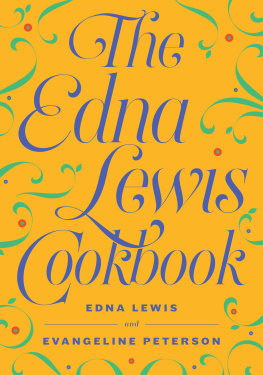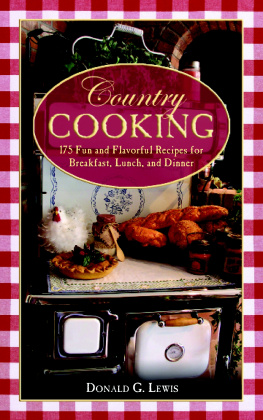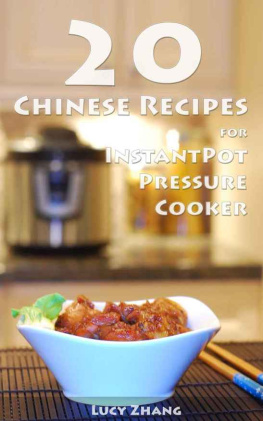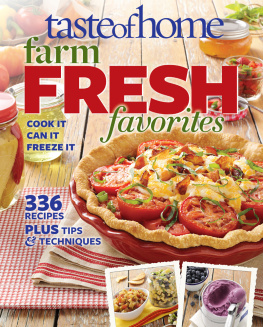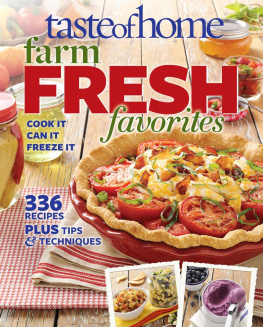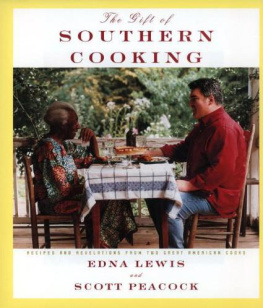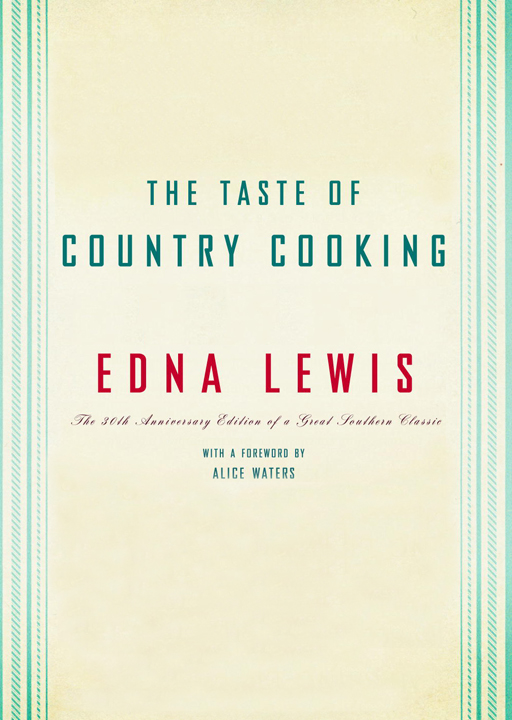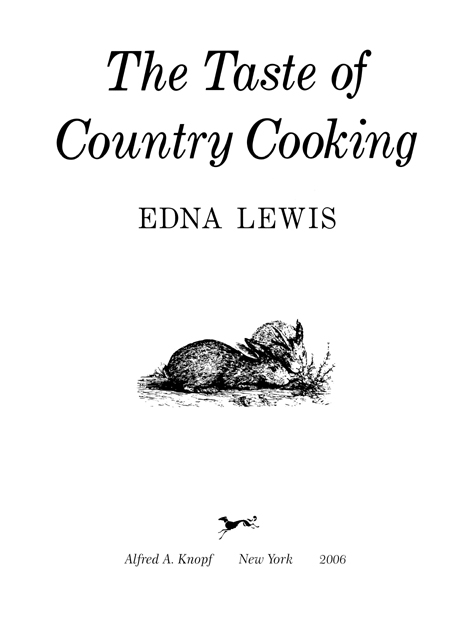Edna Lewis - The Taste of Country Cooking: 30th Anniversary Edition
Here you can read online Edna Lewis - The Taste of Country Cooking: 30th Anniversary Edition full text of the book (entire story) in english for free. Download pdf and epub, get meaning, cover and reviews about this ebook. City: New York, Freetown (Va.), year: 2006, publisher: Knopf Doubleday Publishing Group;Alfred A. Knopf, genre: Home and family. Description of the work, (preface) as well as reviews are available. Best literature library LitArk.com created for fans of good reading and offers a wide selection of genres:
Romance novel
Science fiction
Adventure
Detective
Science
History
Home and family
Prose
Art
Politics
Computer
Non-fiction
Religion
Business
Children
Humor
Choose a favorite category and find really read worthwhile books. Enjoy immersion in the world of imagination, feel the emotions of the characters or learn something new for yourself, make an fascinating discovery.

- Book:The Taste of Country Cooking: 30th Anniversary Edition
- Author:
- Publisher:Knopf Doubleday Publishing Group;Alfred A. Knopf
- Genre:
- Year:2006
- City:New York, Freetown (Va.)
- Rating:4 / 5
- Favourites:Add to favourites
- Your mark:
The Taste of Country Cooking: 30th Anniversary Edition: summary, description and annotation
We offer to read an annotation, description, summary or preface (depends on what the author of the book "The Taste of Country Cooking: 30th Anniversary Edition" wrote himself). If you haven't found the necessary information about the book — write in the comments, we will try to find it.
The fresh taste of springthe first shad, wild mushrooms, garden strawberries, field greens and salads . . . honey from woodland bees . . . a ring mold of chicken with wild mushroom sauce . . . the treat of braised mutton after sheepshearing.
The feasts of summergarden-ripe vegetables and fruits relished at the peak of flavor . . . pan-fried chicken, sage-flavored pork tenderloin, spicy baked tomatoes, corn pudding, fresh blackberry cobbler, and more, for hungry neighbors on Wheat-Threshing Day . . . Sunday Revival, the event of the year, when Ednas mother would pack up as many as fifteen dishes (what with her pickles and breads and pies) to be spread out on linen-covered picnic tables under the churchs shady oaks . . . hot afternoons cooled with a bowl of crushed peaches or hand-cranked custard ice cream.
The harvest of falla fine dinner of baked country ham, roasted newly dug sweet potatoes, and warm apple pie after a day of corn-shucking . . . the hunting season, with the deliciously different taste of game fattened on hickory nuts and persimmons . . . hog-butchering time and the making of sausages and liver pudding . . . and Emancipation Day with its rich and generous thanksgiving dinner.
The hearty fare of winterholiday time, the sideboard laden with all the special foods of Christmas for company dropping by . . . the cold months warmed by stews, soups, and baked beans cooked in a hearth oven to be eaten with hot crusty bread before the fire.
The scores of recipes for these marvelous dishes are set down in loving detail. We come to understand the values that formed the remarkable womanher love of nature, the pleasure of living with the seasons, the sense of community, the satisfactory feeling that hard work was always rewarded by her mothers good food. Having made us yearn for all the good meals she describes in her memories of a lost time in America, Edna Lewis shows us precisely how to recover, in our own country or city or suburban kitchens, the taste of the fresh, good, natural country cooking that was so happy a part of her girlhood in Freetown, Virginia
Edna Lewis: author's other books
Who wrote The Taste of Country Cooking: 30th Anniversary Edition? Find out the surname, the name of the author of the book and a list of all author's works by series.

